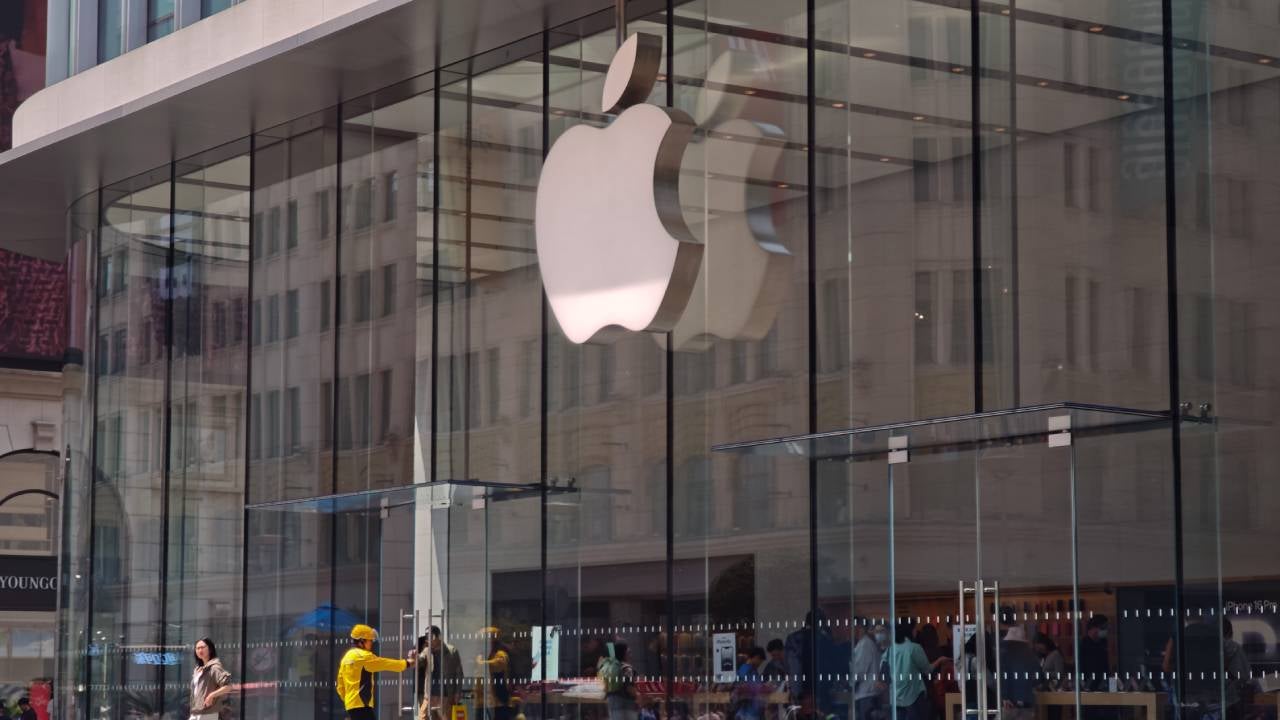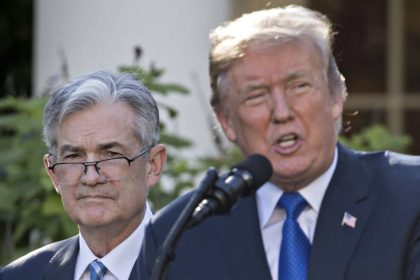Apple shares fell more than 4 percent in early trading Friday as investors weighed an outlook for the iPhone maker that’s clouded by tariffs. The company’s fiscal second-quarter results came in ahead of analyst estimates, with sales rising 5 percent to $95.4 billion, and diluted earnings per share jumping 8 percent to $1.65.
But the focus for investors centers around how tariffs will impact Apple, with the company being one of the hardest hit of the big tech stocks since the trade war began. Shares have fallen more than 18 percent so far in 2025, the second-worst performance among the so-called Magnificent 7 stocks.
Here’s what else investors should know about Apple’s quarterly results and how it’s managing the new tariff landscape.
Apple shifts supply chain to limit impact of tariffs
Apple, which relies heavily on China for manufacturing its various devices, said that the majority of products shipped into the U.S. during its June quarter would come from India and Vietnam, in an attempt to limit the impact of tariffs. China will continue to be the country of origin for the “vast majority” of products sold outside the U.S., CEO Tim Cook said on a call with investors.
“Assuming the current global tariff rates, policies and applications do not change for the balance of the [June] quarter and no new tariffs are added, we estimate the impact to add $900 million to our costs,” Cook said. “It’s very difficult to predict beyond June.”
The majority of iPhones shipped to the U.S. will come from India during the current quarter, while nearly all other products, such as iPads, Macs, Apple Watches and AirPods, will come from Vietnam.
Need an advisor?
Need expert guidance when it comes to managing your investments or planning for retirement?
Bankrate’s AdvisorMatch can connect you to a CFP® professional to help you achieve your financial goals.
“As primarily a hardware company, we see material risk for Apple from tariffs, both on profitability and longer-term demand,” William Kerwin, an analyst at Morningstar, wrote in a note to clients. “We lowered our short-term profit forecast to reflect direct tariff costs, but maintain our base-case expectation for Apple to earn an exemption from US tariffs in the long term.”
Analysts at Jefferies and Rosenblatt Securities both downgraded Apple’s stock following the company’s results.
Cook touts U.S. investments, boosts returns to shareholders
Perhaps in an effort to appease the Trump administration, Cook kicked off Apple’s earnings call by touting its U.S. presence and highlighting its recently announced plan to spend more than $500 billion in the U.S. over the next four years.
“We’re going to be expanding our teams in our facilities in several states, including Michigan, Texas, California, Arizona, Nevada, Iowa, Oregon, North Carolina and Washington, and we’re going to be opening a new factory for advanced server manufacturing in Texas,” Cook said.
“We also source glass used in iPhone from an American company. All told, we have more than 9,000 suppliers in the U.S. across all 50 states,” Cook added.
Apple also announced a 4 percent increase in its quarterly dividend to $0.26 per share and its board of directors authorized an additional $100 billion for share repurchases. The company has bought back nearly $50 billion in stock over the past six months.
Editorial Disclaimer: All investors are advised to conduct their own independent research into investment strategies before making an investment decision. In addition, investors are advised that past investment product performance is no guarantee of future price appreciation.
Read the full article here





